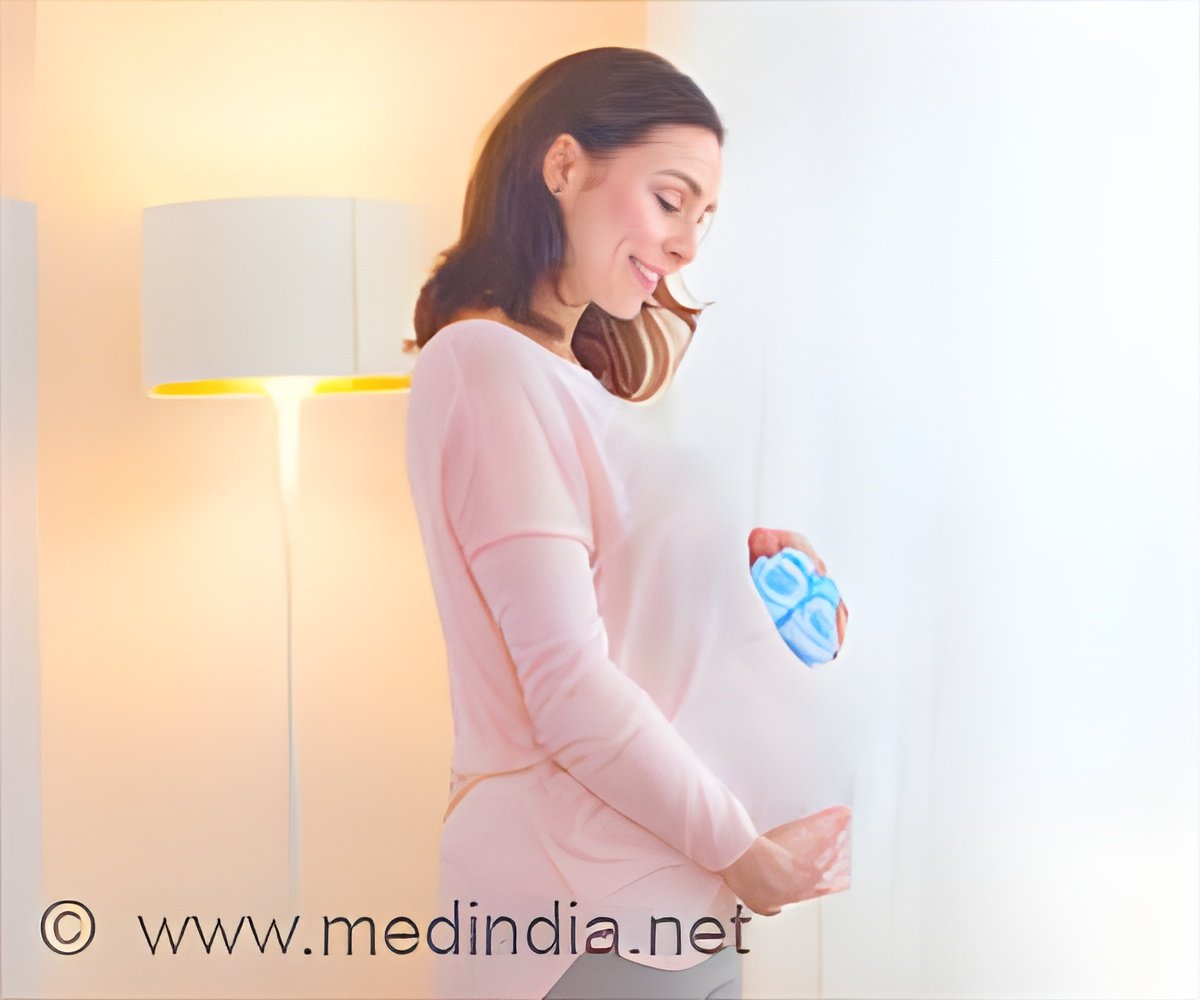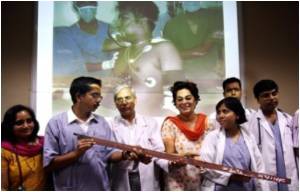Moms who think positive during pregnancy may improve their child's ability in math and science, reveals a new study.

TOP INSIGHT
Mothers who think positive thoughts during pregnancy may have children who perform well in maths and science.
Read More..
Researchers examined the ’locus of control’ by using responses from questionnaires completed by over 1600 pregnant women who took part in the Children of the 90s study. They then looked at the mathematical and scientific reasoning and problem-solving skills of their offspring at the ages of 8, 11 and 13 assessed in school using specially designed tests. This study is among the first to link the prenatal locus of control of parents to the maths and science abilities of their offspring years later.
Findings reveal that mothers with an internal locus of control before their child was born (those who believe in the connection between their actions and what happens to them) were more likely to have a child who is good at maths and science. Compared to their externally controlled peers, internally focussed mothers also were more likely to provide their children with diets that assist brain development, to more frequently read stories to them and to show an interest in their child’s homework and academic progress.
Lead author and founder of the Children of the 90s study Professor Jean Golding OBE said:
"It is widely known that the locus of control of a child is strongly associated with their academic achievements but until now we didn’t know if mothers’ locus of control orientation during pregnancy had a role to play in early childhood. Thanks to the longitudinal data from Children of the 90s study we can now make these associations.
"If our findings, that mothers’ attitudes and behaviors can have an effect on their child’s academic abilities, can be replicated it would suggest that more efforts should be made to increase the opportunities for mothers to feel that their behaviors will have a positive outcome for themselves and their children. It would help future generations raise healthy, confident and independent children.
Candler Professor of Psychology Stephen Nowicki at Emory University, Atlanta, a co-author, and expert on locus of control added:
"It is possible for a parent to change their outlook; we’ve demonstrated in the past that parents who become more internal (i.e., learn to see the connections between what they do and what happens to their children) improved their parenting skills which would have a positive effect on their children’s personal, social and academic lives."
Source-Eurekalert
 MEDINDIA
MEDINDIA




 Email
Email










